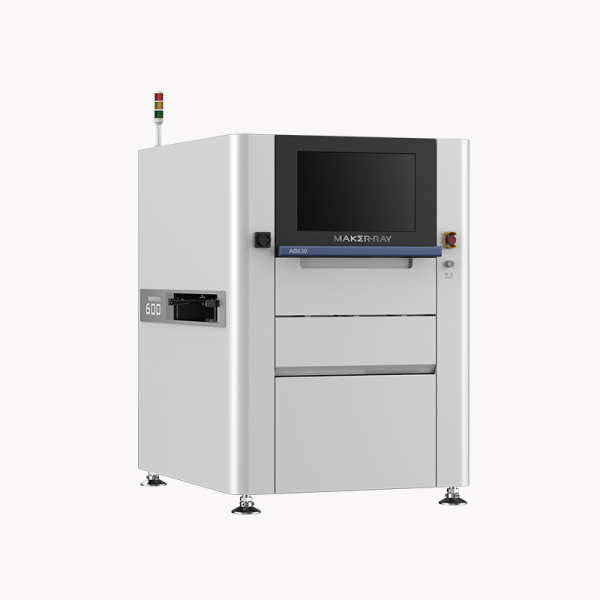In today’s fast-paced industrial landscape, ensuring efficient and accurate product inspection is crucial for maintaining quality standards. Automated visual inspection has emerged as a powerful solution to streamline inspection processes and minimize errors. Maker-ray, a leading provider of advanced inspection solutions, is at the forefront of leveraging AI deep learning algorithms to enhance automated visual inspection capabilities.
Applying AI Deep Learning Algorithm
At the core of Maker-ray’s automated visual inspection systems lies the application of AI deep learning algorithms. These algorithms utilize deep learning networks to create multiple levels of abstraction layers that represent data features. By filtering the data through classification layers, accurate identification results are obtained, revolutionizing the inspection process.
Traditional inspection algorithms often suffer from long programming times and high false alarm rates. However, Maker-ray’s integration of AI deep learning algorithms addresses these pain points effectively. The advanced algorithms significantly reduce programming time, allowing for faster deployment and implementation. Moreover, the algorithms offer enhanced accuracy, minimizing false alarms and ensuring reliable inspection results.
Enhanced Inspection Capabilities
By harnessing the power of AI deep learning, Maker-ray’s inspection systems deliver a range of enhanced capabilities. These capabilities translate into improved efficiency and accuracy, yielding substantial benefits for industries across various sectors.
The integration of deep learning algorithms enables Maker-ray’s inspection systems to process large amounts of data with remarkable speed. This capability enhances the inspection efficiency, allowing for swift identification and analysis of defects or anomalies. As a result, manufacturers can detect and rectify issues promptly, reducing downtime and optimizing production processes.
Moreover, Maker-ray’s AI-powered inspection systems adapt and learn from data patterns, continuously improving their accuracy over time. The deep learning algorithms can identify subtle defects that might be missed by traditional inspection methods, ensuring stringent quality control standards are upheld.
Case studies showcasing the successful applications of Maker-ray’s AI deep learning algorithms in automated visual inspection abound. In the electronics manufacturing industry, for instance, Maker-ray’s systems have revolutionized the inspection of printed circuit board assemblies (PCBAs). The algorithms enable automatic component identification, intelligent defect judgment, and efficient programming, resulting in increased inspection efficiency and reduced error rates.
Conclusion
Automated visual inspection empowered by AI deep learning algorithms is transforming the landscape of industrial inspection. Maker-ray, with its expertise in this domain, is driving this transformation by delivering advanced inspection solutions. By leveraging the power of deep learning, Maker-ray’s systems offer enhanced inspection capabilities, from efficient programming to accurate defect detection. With Maker-ray’s solutions, manufacturers can achieve improved efficiency, superior quality control, and optimized production processes. Embrace the future of automated visual inspection with Maker-ray and experience a new level of excellence in quality assurance.




